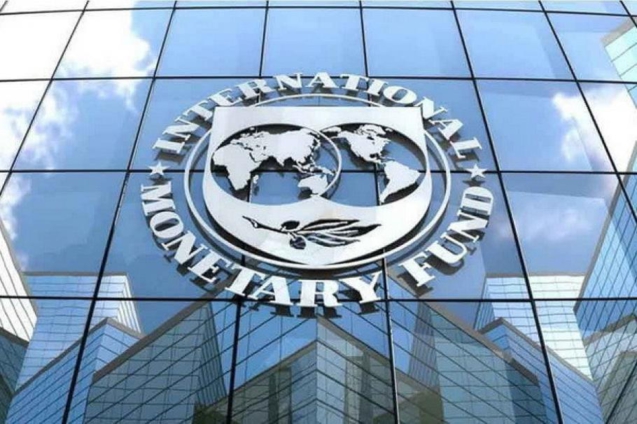The International Monetary Fund has revealed that Ghana’s Performance under the IMF-supported programme has been generally satisfactory.
According to the Fund, all end-June 2024 quantitative targets were met, and progress on key structural reforms has continued notwithstanding delays in a few areas.
In a statement after reaching a Staff-Level Agreement on the Third Review of the Extended Credit Facility Programme, the Fund said the authorities’ policy and reform efforts under the programme have continued to deliver encouraging results.
“Economic growth in the first half of 2024 was much higher than initially envisaged, primarily fueled by mining, construction, and information and communication activity, with a broadening of the sources of growth across sectors during the second quarter. Inflation has continued to decline”.
It however cautioned that the recent dry spell affecting the Northern regions is expected to adversely impact agricultural output, potentially constraining growth and adding pressure on food prices for the remainder of the year. However, the government’s policy response should help mitigate these risks.
In addition, the Fund alluded that the Bank of Ghana is committed to maintaining a tight monetary policy stance to support a continued decline in inflation.
On fiscal performance, it said, “Fiscal performance in 2024 has so far been strong, and Ghana is on track to achieve a primary surplus on a commitment basis of half percent of GDP, [Gross Domestic Product] despite emerging spending pressures from the recent drought in the northern regions and difficulties in the energy sector”.
The discussions with the government and the Bank of Ghana’s centered on reforms to enhance energy sector sustainability and transparency, as well as policies and reforms to strengthen revenue collections and expenditure controls in the run-up to the December elections.
“We also discussed efforts to strengthen key social protection programs to protect the most vulnerable from the impact of difficult economic circumstances and ongoing policy adjustment”, it added.
















